As people grow older, their preferences naturally evolve, and baby boomers are no exception. This influential generation, once responsible for shaping many consumer trends, has started to move away from products that no longer fit their priorities or lifestyles. Here are 15 products the older generation are saying goodbye to.
Fancy Kitchen Gadgets
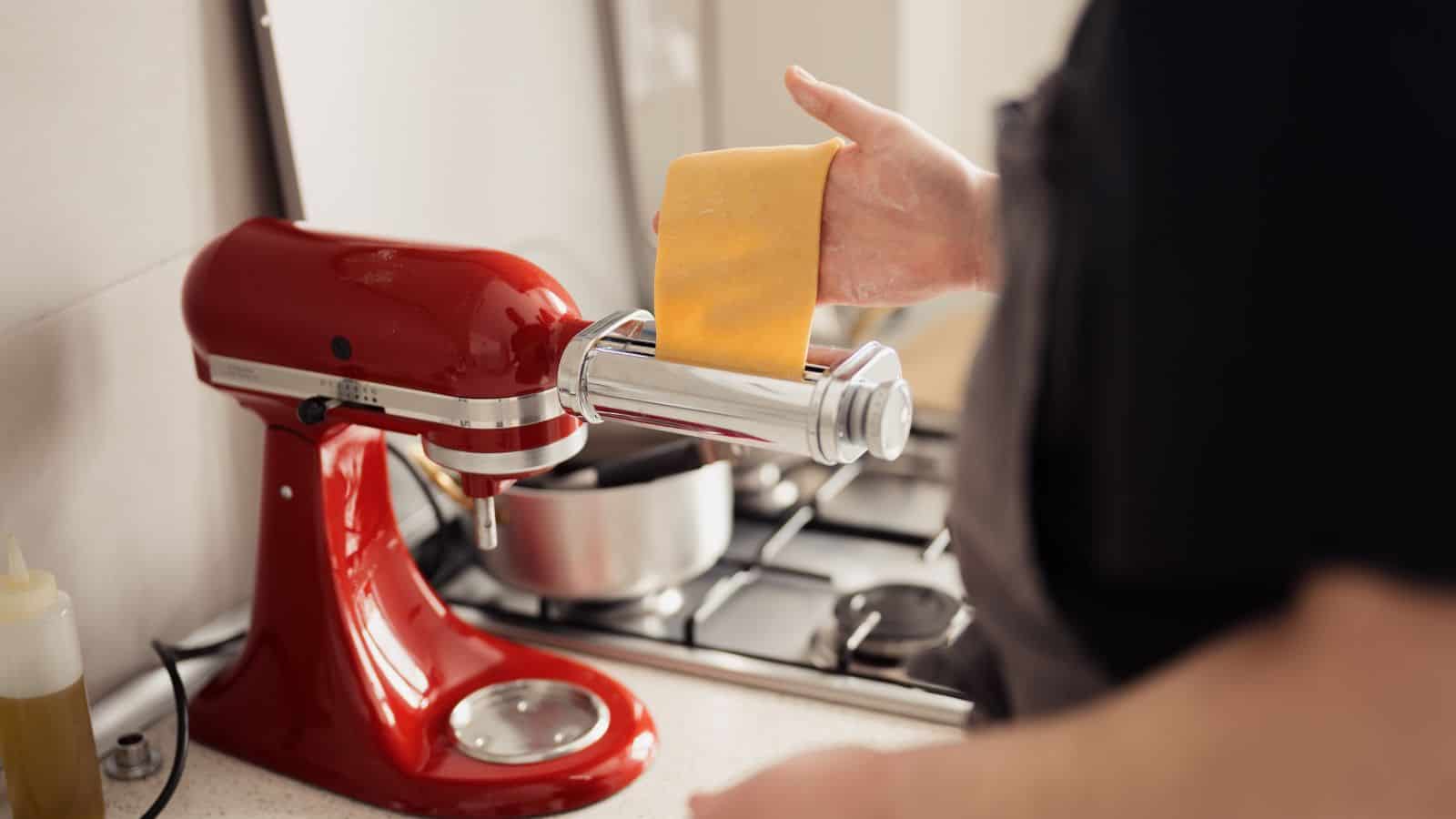
Complicated kitchen tools, once seen as must-haves, are becoming a thing of the past for many boomers. Appliances like bread makers or spiralizers often gather dust after the initial excitement wears off. These specialized items can take up valuable space and add to the clutter, something the older generation increasingly avoid as they focus on streamlining their lives.
Cable TV Subscriptions

With skyrocketing prices and endless commercials, traditional cable TV is no longer the go-to choice for many seniors. Streaming platforms like Netflix, Hulu, and Disney+ offer affordable alternatives with customizable options, making them far more appealing.
The older population appreciate the convenience of choosing what to watch, when to watch it, and not being tied to rigid programming schedules.
High-End Beauty Products

For years, luxury beauty brands promised youth in a bottle, but those pricey serums and creams have lost their charm for many older Americans. Drugstore brands now provide effective skincare solutions at a fraction of the cost, making them a more practical choice.
Trendy Smart Home Devices
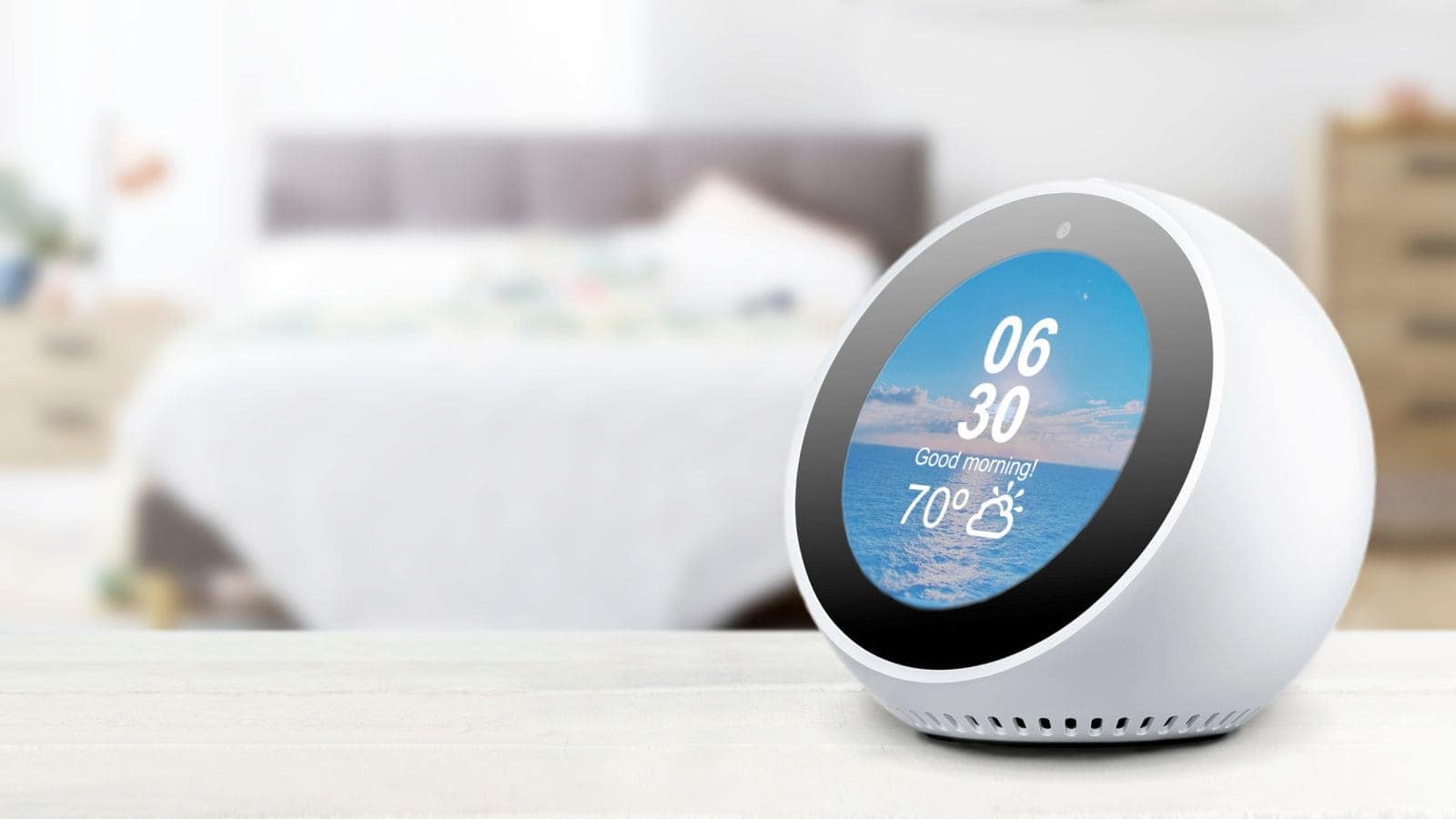
Voice-activated gadgets and smart home systems may dazzle younger generations, but boomers often see them as more trouble than they’re worth. The learning curve, combined with concerns about privacy, has made these devices less appealing.
Many prefer the reliability of traditional tools over the novelty of high-tech features. Simple thermostats and light switches feel more familiar and dependable, aligning with their preference for straightforward solutions.
Designer Handbags

Carrying around expensive purses has lost its charm for the older generation who are simplifying their lives. Lightweight and functional bags are now taking priority over luxury brands.
Downsizing homes and focusing on practicality mean flashy accessories no longer fit their needs. Everyday convenience is far more important than status symbols at this stage in life.
Gym Memberships
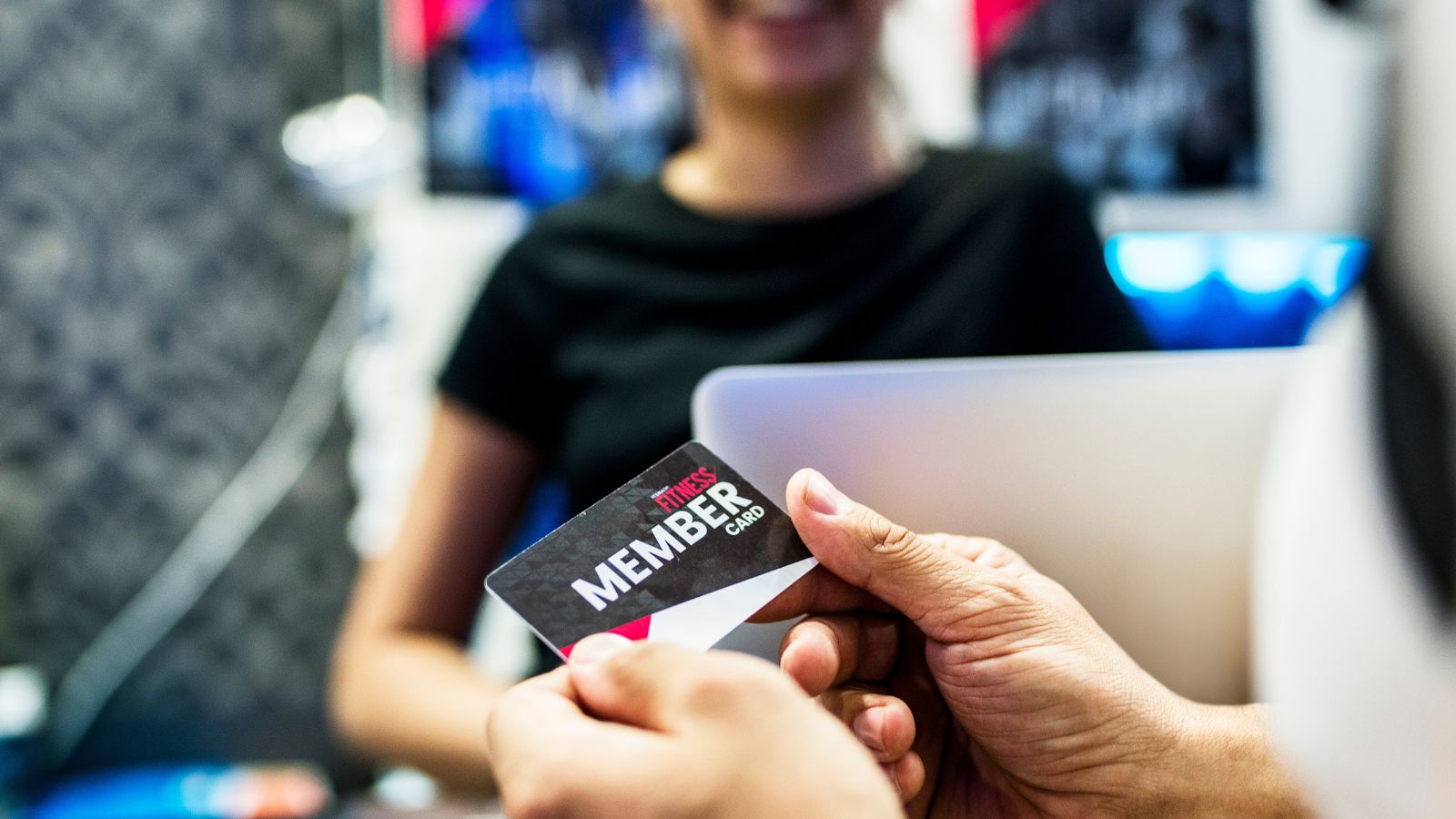
The traditional gym membership, with its monthly fees and crowded equipment, is falling out of favor for many baby boomers. Instead, they’re turning to activities that fit their pace and lifestyle, like walking, yoga, or home fitness programs. Outdoor exercise offers a chance to enjoy nature, while online workouts provide convenience without the pressure of a formal gym environment.
Tech Gadgets with Complex Features
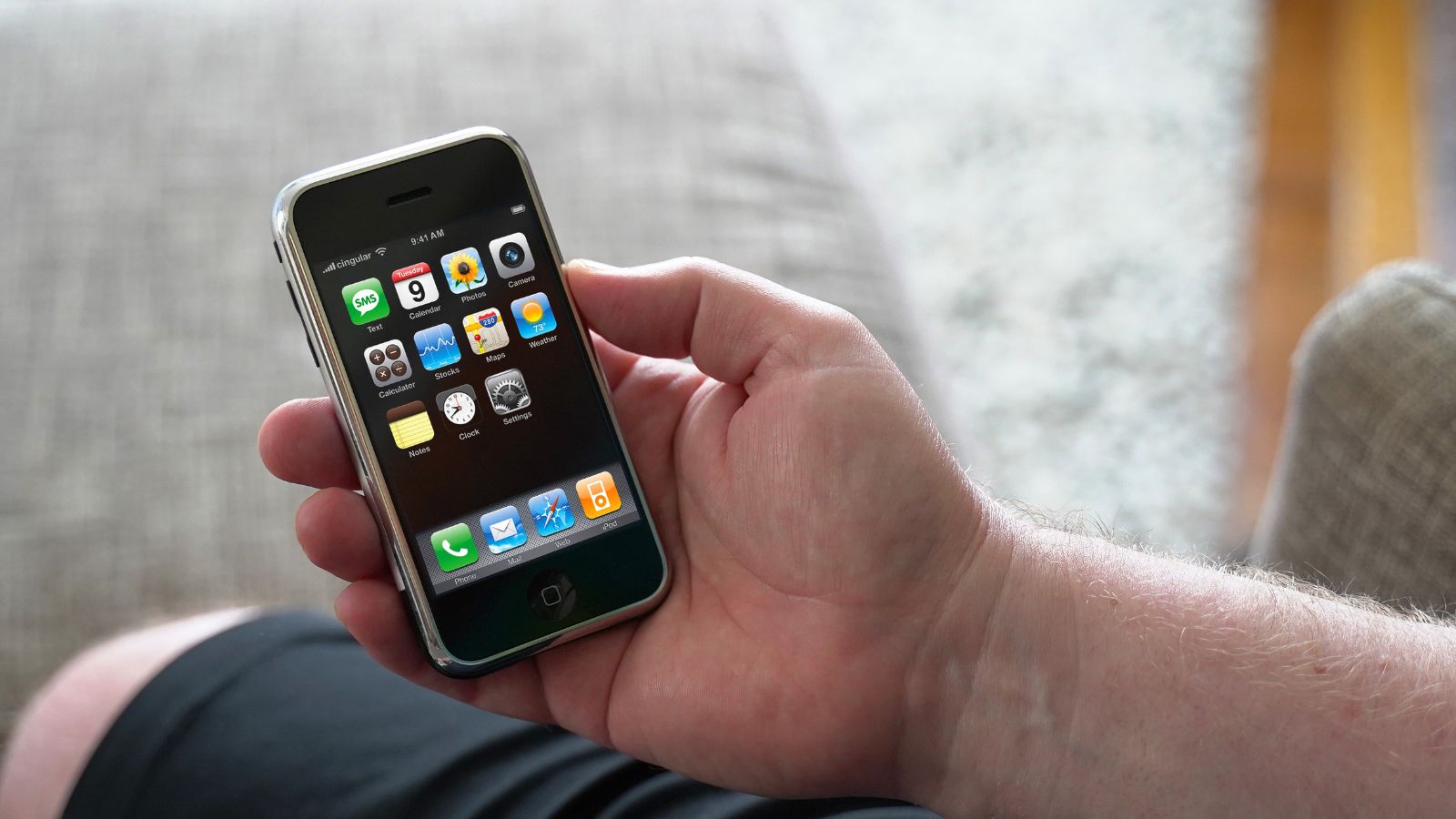
Overly complicated devices like high-end smartwatches or feature-packed smartphones are losing their allure among seniors. Many find themselves frustrated with constant updates, confusing interfaces, or features they never use. Instead, they’re seeking straightforward devices that focus on essential functions, like calling or texting.
Trendy Furniture
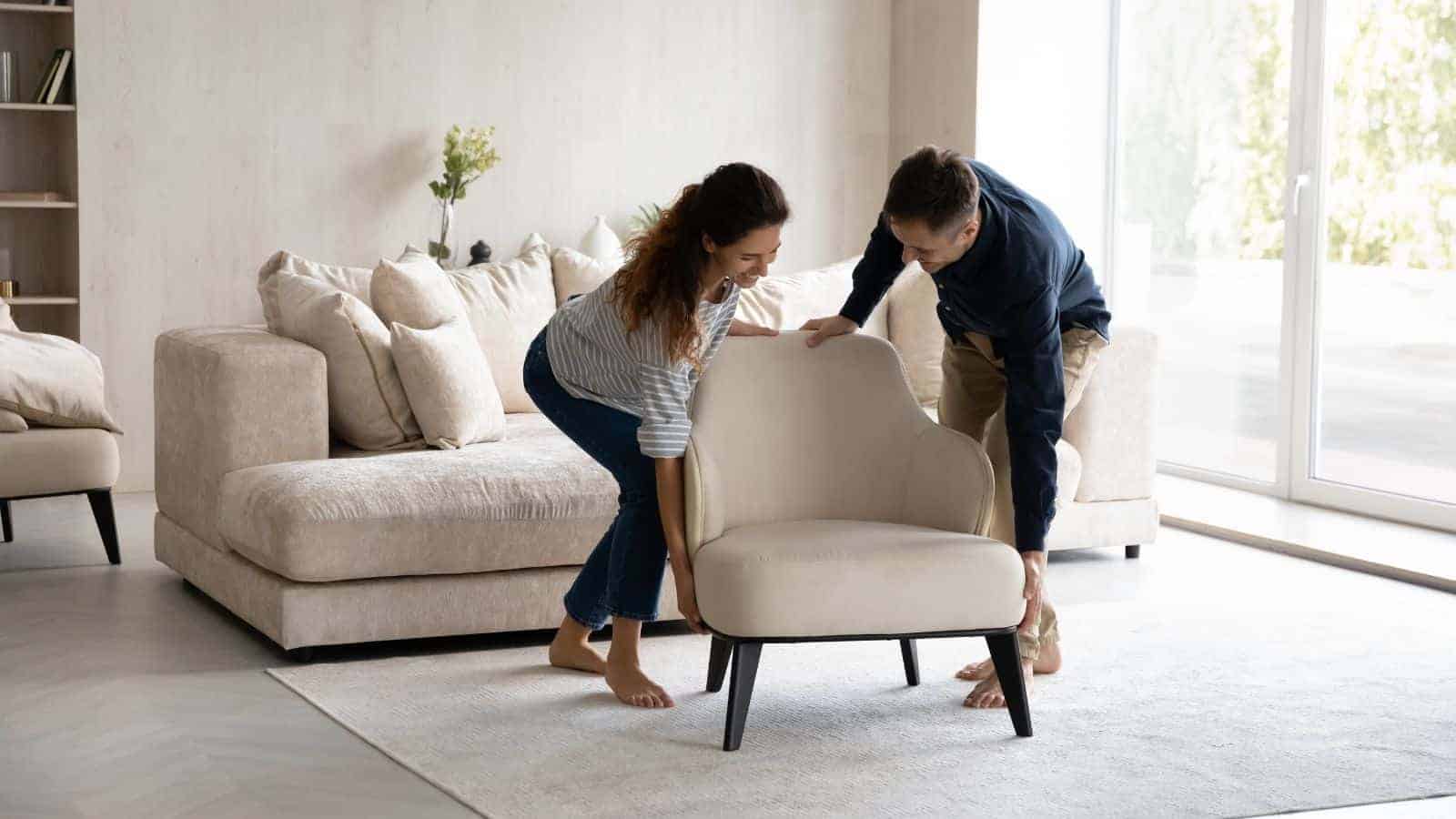
Modern, minimalist furniture styles are losing ground to more practical, comfortable designs for older people. Sleek, trendy pieces might look great but often sacrifice usability or coziness, two things this generation values more.
The older generation wants functional furniture that supports their everyday needs. As such, older Americans are choosing quality over fleeting trends, creating spaces that feel lived-in and inviting rather than overly styled.
High-End Coffee Machines
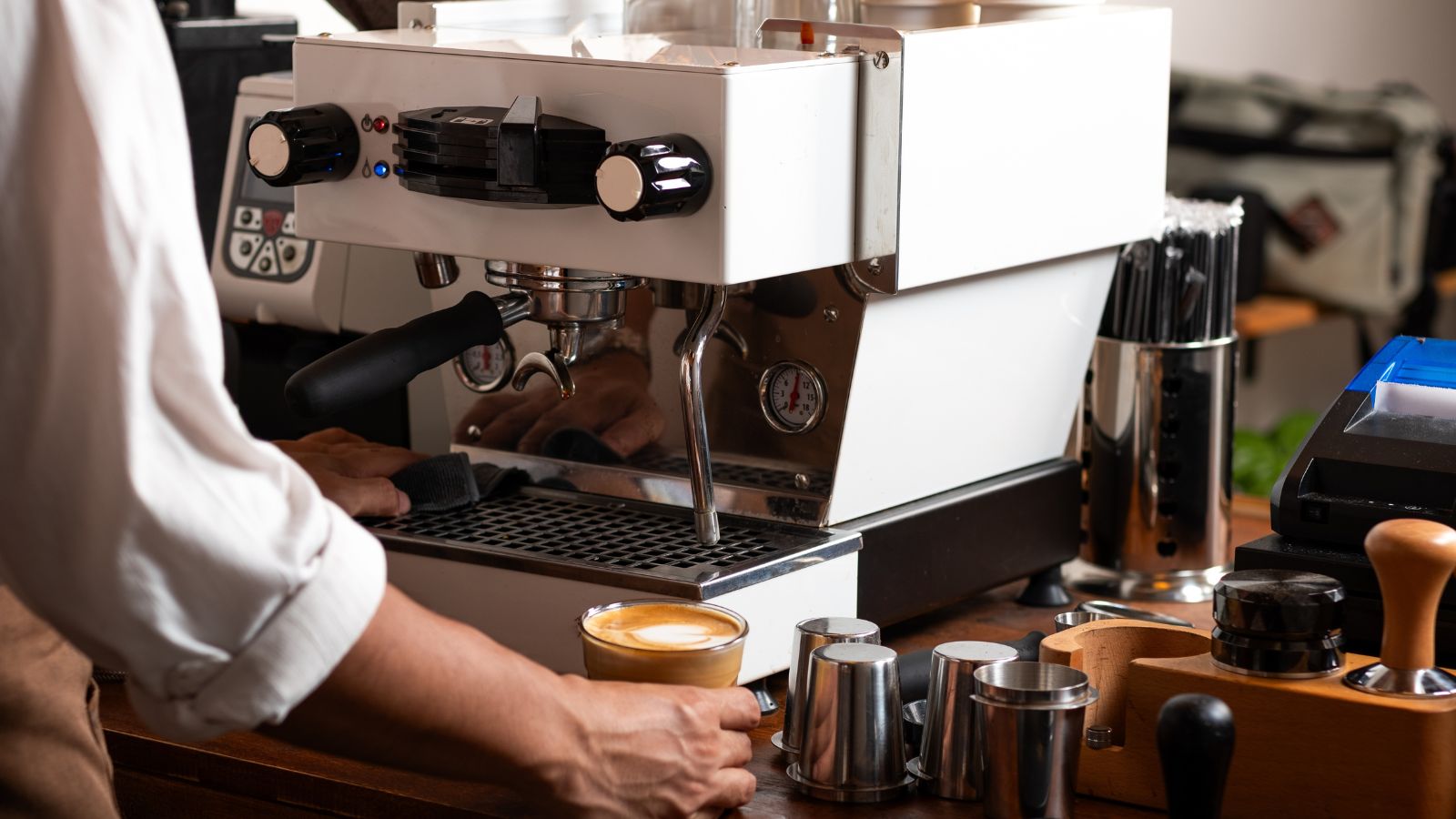
Did you know most expensive coffee machines sit unused after the novelty wears off? For boomers, the complexity of these gadgets isn’t worth the effort. Simpler tools like French presses or basic drip machines are easier to use and clean. The trend toward practicality means many are ditching high-tech brewers for something more straightforward. A
Fast Fashion

The rapid turnover of trendy clothing in fast fashion has lost its appeal for many boomers, who prioritize quality and sustainability over cheap, disposable items. Durable wardrobe staples that last through multiple seasons are more in line with their values. ]
Concerns about the environmental impact of fast fashion also play a role, as many seniors now embrace a more mindful approach to shopping.
Large Homes

Owning a big house isn’t as appealing as it once was. Boomers are discovering that smaller spaces offer freedom from the upkeep and expenses that come with a large property.
Downsizing to a condo or apartment means less cleaning, lower bills, and more time for hobbies or travel.
Physical Media
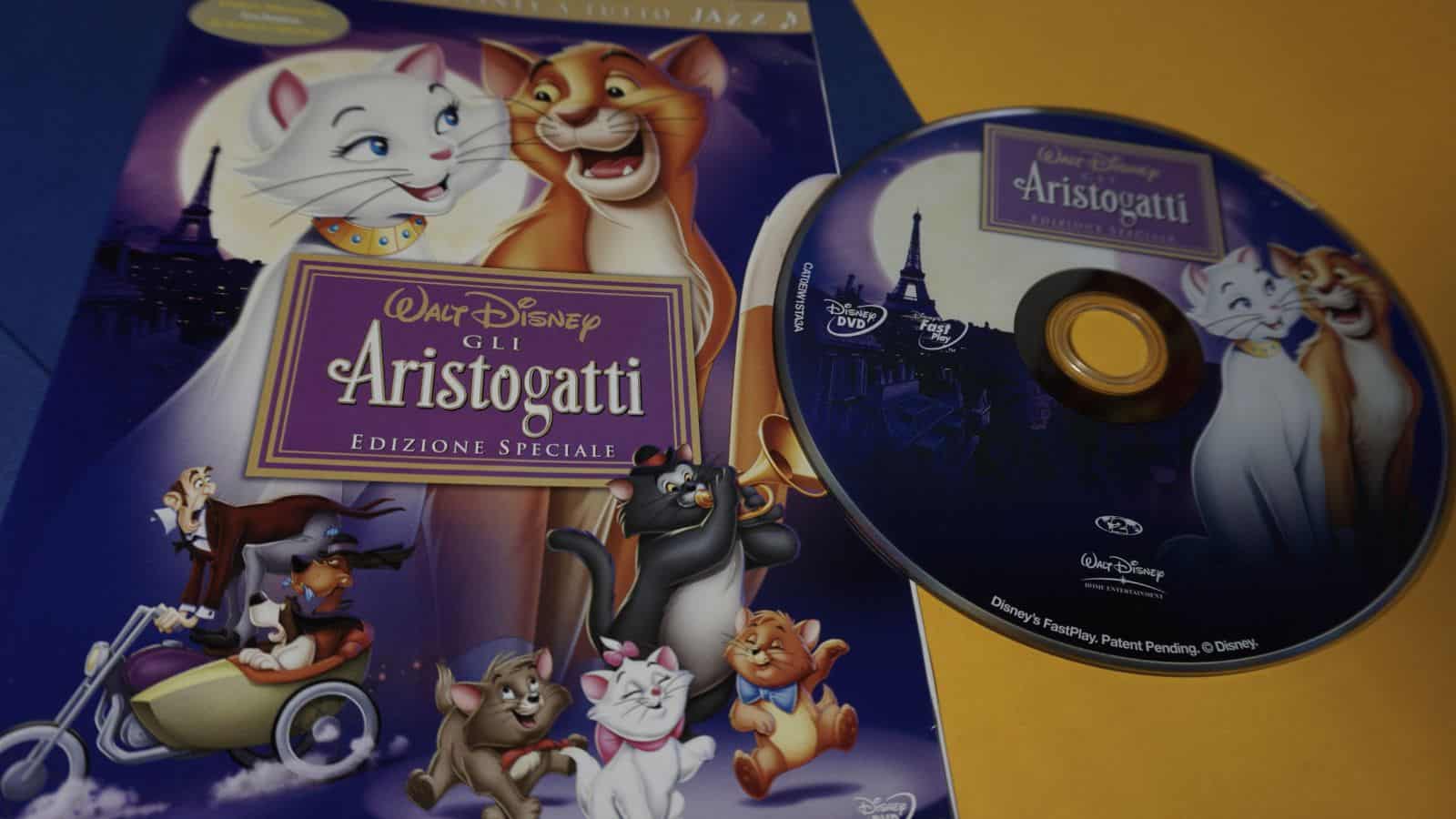
DVDs, CDs, and even physical books are being traded in for digital alternatives among the older population. Streaming services and e-readers offer convenience, portability, and reduced clutter, making physical media less necessary. While some still cherish their collections, the practicality of digital options is hard to ignore.
Overpriced Dining Experiences

Why spend a fortune on one meal when simpler options are just as enjoyable? Boomers are moving away from fine dining and embracing casual eateries or home-cooked meals. Local diners and family-owned restaurants offer quality food without the high prices or formality.
Spending time with loved ones over a comfortable meal is becoming more important than impressing others with upscale dining. This shift reflects a focus on authenticity and value over luxury.
Luxury Cars

Flashy luxury vehicles are no longer a priority for the older generation, who now focus on practicality and reliability. Affordable cars with good fuel efficiency and low maintenance costs have become more appealing. The emphasis is shifting toward vehicles that fit their current needs rather than ones that make a statement. Baby boomers are steering away from status symbols in favor of functionality and value.
Overpriced Health Supplements

Costly supplements that promise miracle benefits are being replaced by a simpler approach to wellness. Older people are focusing on balanced diets, regular exercise, and affordable vitamins instead of falling for extravagant claims.
This shift toward practicality reflects a growing skepticism of products that overpromise and underdeliver. By prioritizing proven health habits, they’re simplifying their approach to staying healthy.
